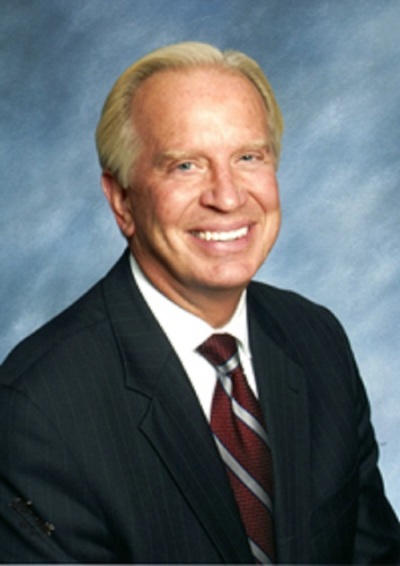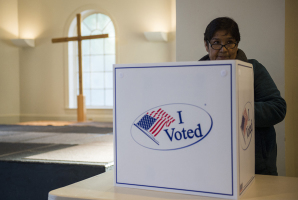Christian-Owned Funeral Home Wins Court Battle Over Barring Man From Dressing Like a Woman
A Christian-run funeral home in Michigan can fire a transgender employee for refusing to adhere to company dress code, according to a recent court ruling.
U.S. District Court Judge Sean F. Cox ruled last Thursday that R.G. & G.R. Harris Funeral Homes of Detroit can claim protection under the Religious Freedom Restoration Act, rejecting a suit filed by the Equal Employment Opportunity Commission.

"The court finds that the funeral home has met its initial burden of showing that enforcement of Title VII, and the body of sex-stereotyping case law that has developed under it, would impose a substantial burden on its ability to conduct business in accordance with its sincerely-held religious beliefs," wrote Cox.
"EEOC has failed to show that application of the burden on the Funeral Home, under these facts, is the least restrictive means of protecting employees from gender stereotyping. If a least restrictive means is available to achieve the goal, the government must use it. This requires the government to show a degree of situational flexibility, creativity, and accommodation when putative interests clash with religious exercise. It has failed to do so here."
Harris Funeral Homes was represented by the Alliance Defending Freedom, a conservative law firm based in Scottsdale, Arizona.
"The feds shouldn't strong-arm private business owners into violating their religious beliefs, and the court has affirmed that here," said ADF Legal Counsel Doug Wardlow in a statement.
"The government must respect the freedom of those who are seeking to serve the grieving and vulnerable. They shouldn't be forced into violating their deepest convictions."
In September 2014, EEOC filed suit against Harris Funeral, making it one of the first two legal actions the federal agency has taken on behalf of transgender individuals alleging sex discrimination.
"Amiee Stephens had been employed by Harris as a funeral director/embalmer since October 2007 and had always adequately performed the duties of that position," stated the EEOC.
"In 2013, she gave Harris a letter explaining she was undergoing a gender transition from male to female, and would soon start to present (e.g., dress) in appropriate business attire at work, consistent with her gender identity as a woman. Two weeks later, Harris' owner fired Stephens, telling her that what she was 'proposing to do' was unacceptable."
EEOC went on to explain in its September 2014 statement the suit against Harris was part of an "ongoing efforts to implement its Strategic Enforcement Plan."
"The commission adopted this SEP in December of 2012. The SEP includes 'coverage of lesbian, gay, bisexual and transgender individuals under Title VII's sex discrimination provisions, as they may apply' as a top commission enforcement priority," continued the EEOC.
While the ADF and Harris Funeral celebrate Thursday's decision, the group Americans United for Separation of Church and State has denounced it.
In a statement on Friday, Bradley Girard of Americans United referred to Cox's ruling as "a decision that is as broad as it is troubling."
"The court's opinion is just plain wrong — and dangerously so. RFRA is meant to protect the right of individuals to practice their faith as they please; it was never intended as a license to discriminate," Girard argued.




























